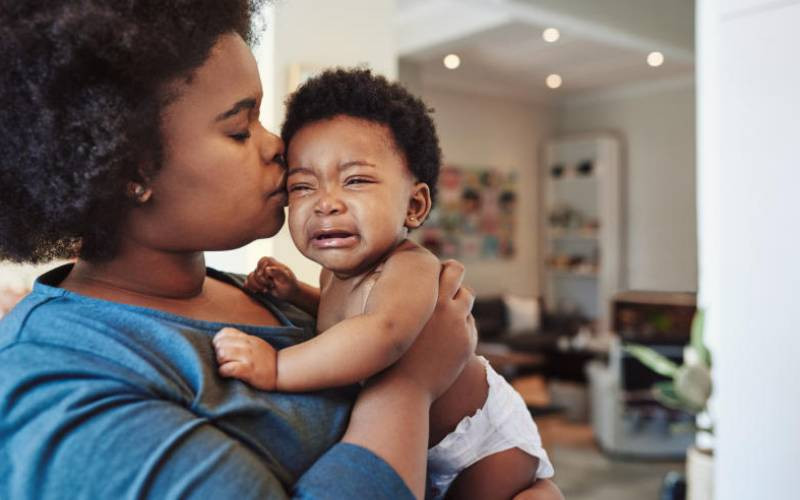
Postnatal depression is one of the many types of depression that particularly affects parents after the delivery of their child. It is more pronounced in women than men. Studies show that one in every ten women are affected within a year of giving birth. Many times, postnatal depression is confused with baby blues. Although the symptoms of post-natal depression, such as moodiness, exhaustion and anxiety, may be quite similar to baby blues, the latter issue tends to fade away within a week’s time after the delivery. As is typical with those affected by depression, mothers with post-natal depression experience low self-esteem, feel inadequate and guilty, repeatedly have negative thoughts, experience sleeping difficulties, insomnia and often feel as though life is meaningless and an inability to cope with their problems. Postnatal depression can be triggered by various things, and like any other illness, can also be effectively coped with.
Lack of family support after delivery.
New mothers need help. Someone needs to help with washing, cooking and even hold the baby as they rest. When such help is lacking, mothers can easily become overwhelmed and sink into depression. New mothers are especially vulnerable, as they need arduous support to navigate through motherhood.
Broken relationships.
Sometimes, mothers have children after a broken relationship. In such cases, mothers feel overwhelmed especially in regard to how they are going to take care of the child. Jane Ngumi is a mother of four who had an unplanned pregnancy and had her fourth child after she had separated from the father. At the time of separation, she was diagnosed with HIV&Aids. She felt she couldn’t love her newborn baby. She drowned her sorrows in alcohol and left the older siblings to take care of their brother. On one occasion she said, “I will go to the river and drown all these children.” The child had to be taken away from, for their own safety, and to escape Jane’s harmful coping mechanism for her depression.
Financial constraints.
Inadequate funds after delivery greatly affects women. In her research, Dr. Virginia Musau from the University of Nairobi notes that only 14.6% of women whose income is above 40,000 shillings have postnatal depression. Low income earning women and those who are unemployed stand at 27.5%.
Profession
Working women quickly resume work after leave. They are occupied during the day and can’t wait to be home and bond with their children. Working women sometimes also feel distanced and separated from their children which can affect their performance at work and interpersonal relationships at home. On the other hand, unemployed women who stay at home alone feel trapped and not that important. This makes many of them to view their children as a burden and they cannot comprehend why people praise and congratulate them.
Pregnancy itself.
Studies reveal that postnatal depression can develop during the last trimester of pregnancy. During delivery, the mode of delivery, whether natural of C Section, is traumatic to most women. In fact, many women shy from having children because they fear the agony that comes with childbirth. The sex of the child can also cause distress to a mother. In case a mother wished to have a girl but ends up with a boy, she has difficulties bonding with the child. Other issues like an infant’s illness and difficulties in feeding during the first months account for postnatal depression.
Mrs. Ann Wambui a clinical psychologists based in Nairobi says postnatal depression can be handled in the following ways: Mothers should make pregnancy sacred by accepting and nurturing the pregnancy with love. Counselling of mothers especially about their past childhood experience is also important. “Mothers who feel they were deprived of love in childhood tend to be detached from their children, “ she says. Emotional support should be given by friends and relatives. A new mother should not be overwhelmed by many tasks. Breastfeeding should also be encouraged since it produces oxytocin and helps mother and child to bond. Dr. Virginia also recommends that midwives should be trained so that they can quickly diagnose postnatal depression.
 The Standard Group Plc is a multi-media organization with investments in media platforms spanning newspaper print
operations, television, radio broadcasting, digital and online services. The Standard Group is recognized as a
leading multi-media house in Kenya with a key influence in matters of national and international interest.
The Standard Group Plc is a multi-media organization with investments in media platforms spanning newspaper print
operations, television, radio broadcasting, digital and online services. The Standard Group is recognized as a
leading multi-media house in Kenya with a key influence in matters of national and international interest.










